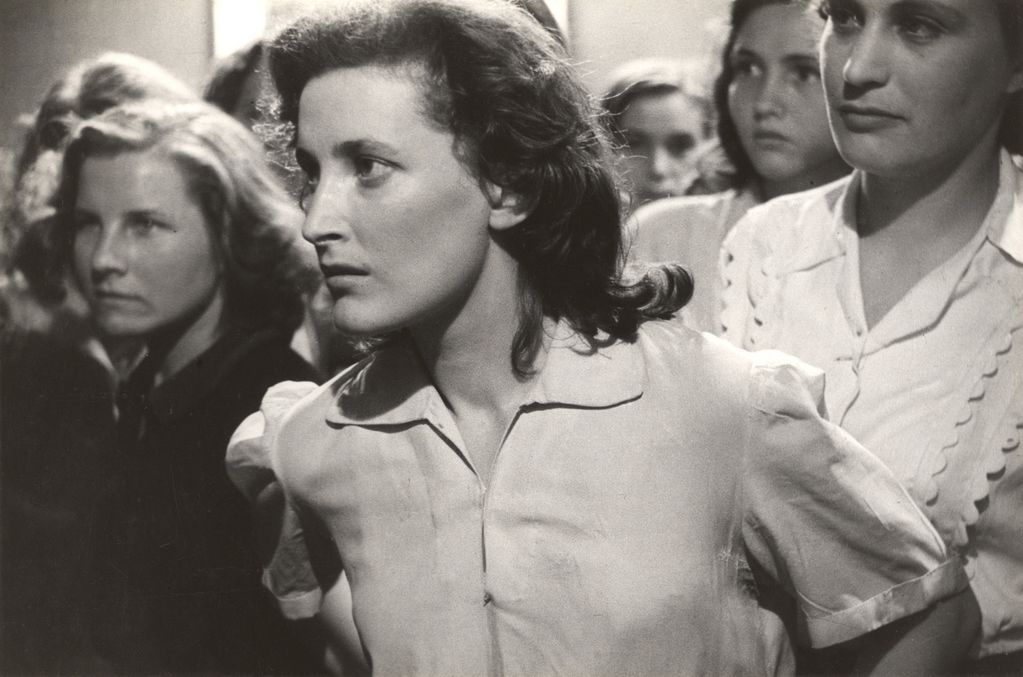Trst, France Štiglic

France Štiglic's political war drama about the partisan liberation of Trieste was filmed entirely in Rijeka, as the political situation at the time did not allow filming to take place in Trieste. The author of the script for the film was the writer and political worker France Bevk, who was intimately familiar with the times of the liberation of Trieste and the immediate post-war situation in this city, as in 1945, when the film's story takes place, he was the president of the Provincial National Liberation Committee for Primorska and Trieste. Nevertheless, after the great success of the film "On Our Own Land", on the other hand, the film "Trst" was far from reaching such a viewership, as only a third of the viewers in Ljubljana saw it compared to its famous predecessor.
"Trst" was initially conceived as a film that also tried to capture the battle for Trieste from an audiovisual point of view. The reality was different, as the film had the misfortune of not being relevant at the time it was recorded, as the political situation was changing very quickly. After the Paris Peace Treaty, Trieste was definitively Italian, and the agitator's motives for making Trieste Yugoslav again no longer made sense.
TRAILER
Announcements/
Catalogue and Screenings of the Project Oriente Vzhod / Occidente Zahod
04. 09. 2025On Friday, 5 September 2025, at 11:00, at Café Maks in Nova Gorica, within the framework of the Mesto knjige (City of Books) festival, the catalogue Oriente Vzhod / Occidente Zahod – The Border Through Film and History will be presented. The event is part of the “café matinées” series, which offers relaxed yet in-depth encounters with authors, thinkers, and creators.
Retrospective on the Move: The First Cross-Border Waypoints of Our Film Journey
18. 07. 2025Retrospective Oriente Vzhod / Occidente Zahod – Border Through Film and History, part of the official programme of the European Capital of Culture GO! 2025, launched its international tour in the first half of 2025. By July, it had visited eight countries and presented 31 films across 54 screenings, ranging from classics of Slovenian and Italian cinema to contemporary festival highlights, documentary essays and animated films.
Filmska umetnost kot orodje preseganja meja
09. 04. 2025Nekatere meje so vidne, druge nevidne. Nekatere ločujejo, druge združujejo. Obmejna regija med Slovenijo in Italijo je bila stoletja prizorišče prepletanja kultur, zgodovinskih preobratov in človeških usod. Lahko zgodovino pogledamo skozi film in jo razumemo skozi umetnost? Retrospektiva Oriente Vzhod / Occidente Zahod – Meja skozi film in zgodovino, ki jo Kinoateje organizira v sodelovanju s številnimi partnerji in je del uradnega programa Evropske prestolnice kulture GO! 2025 ponuja prav to – potovanje skozi filmske podobe, ki raziskujejo življenje na robu in središču Evrope hkrati.

